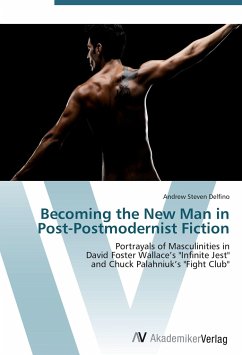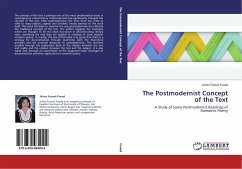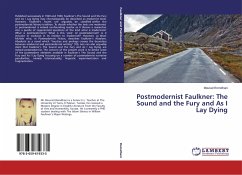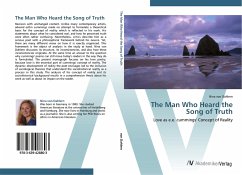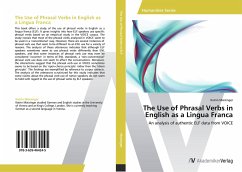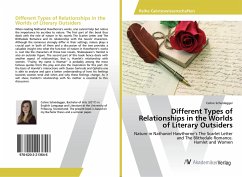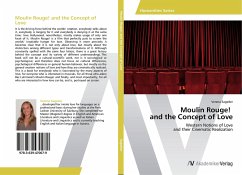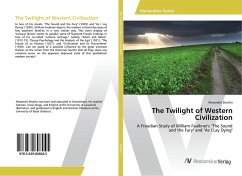Revision with unchanged content. While scholars have analyzed the masculinity crisis portrayed in American fiction, few have focused on postmodernist fiction, few have examined masculinity without using feminist theory, and no articles propose a solution for ending traditional masculinity s dominance. I examine the masculinity crisis as it is portrayed in two postmodernist novels, David Foster Wallace s novel Infinite Jest and Chuck Palahniuk s novel Fight Club. Both novels have male characters that ran the gamut of masculinities, but those that are the most successful at avoiding gender stereotypes develop a masculinity which incorporates strong, phallic masculinity and nurturing, testicular masculinity, creating a balanced masculinity. Also, both novels examine postmodernist fiction s future. Wallace and Palahniuk help reveal the future of postmodernist fiction: a post-postmodernist fiction that, like well-rounded masculinity, seeks to be more emotionally open while still usingirony and innovation for meaningful effects, not just to be clever. This book aims to help gender scholars further develop their theories about masculinity, and show literature scholars the future of postmodernist fiction.
Bitte wählen Sie Ihr Anliegen aus.
Rechnungen
Retourenschein anfordern
Bestellstatus
Storno

